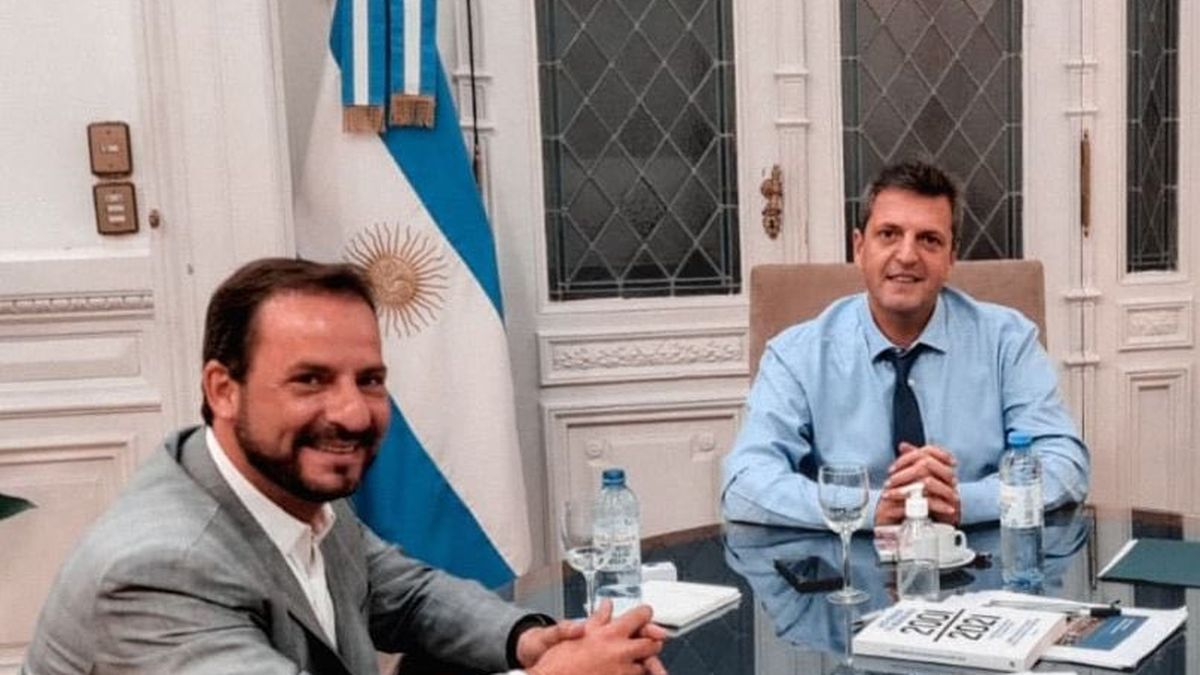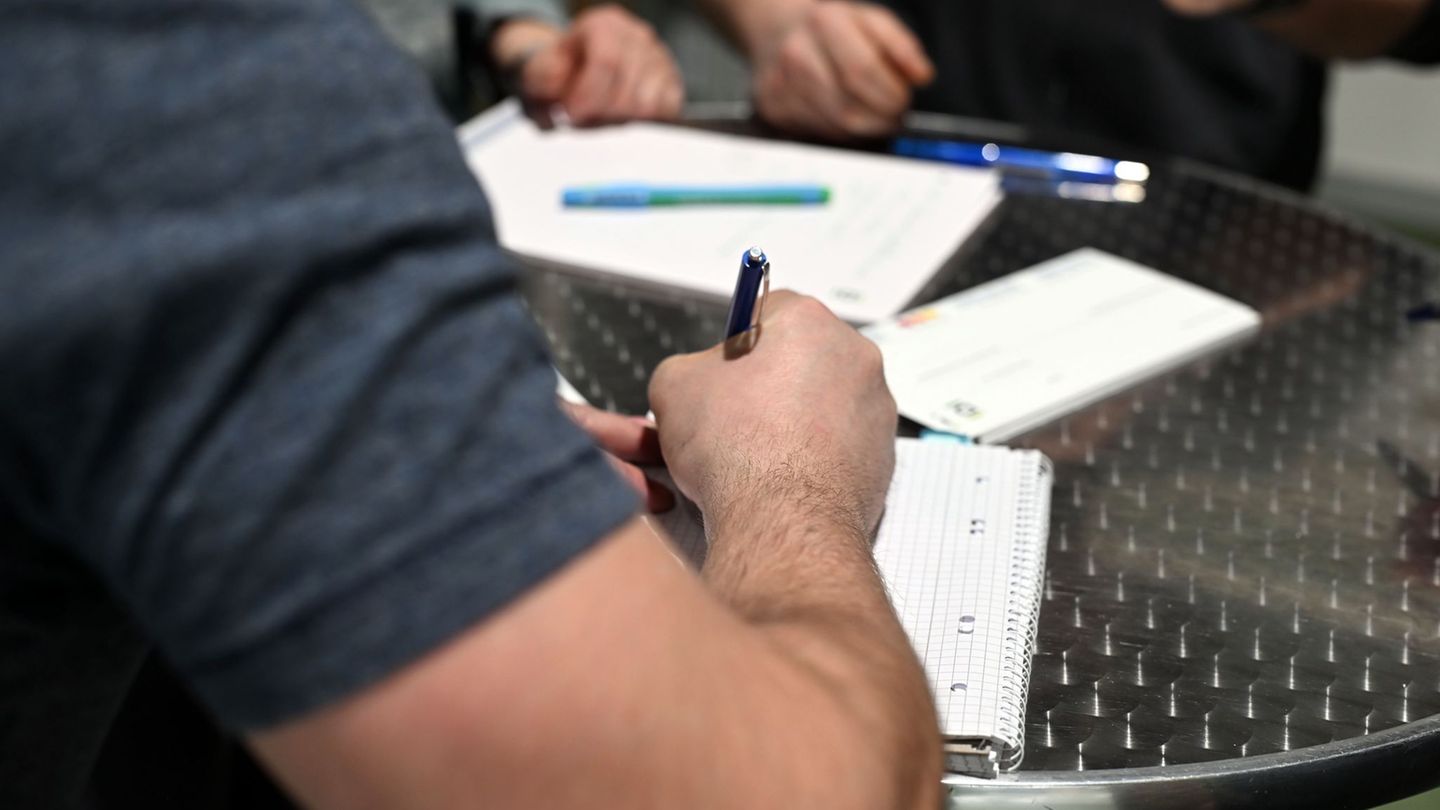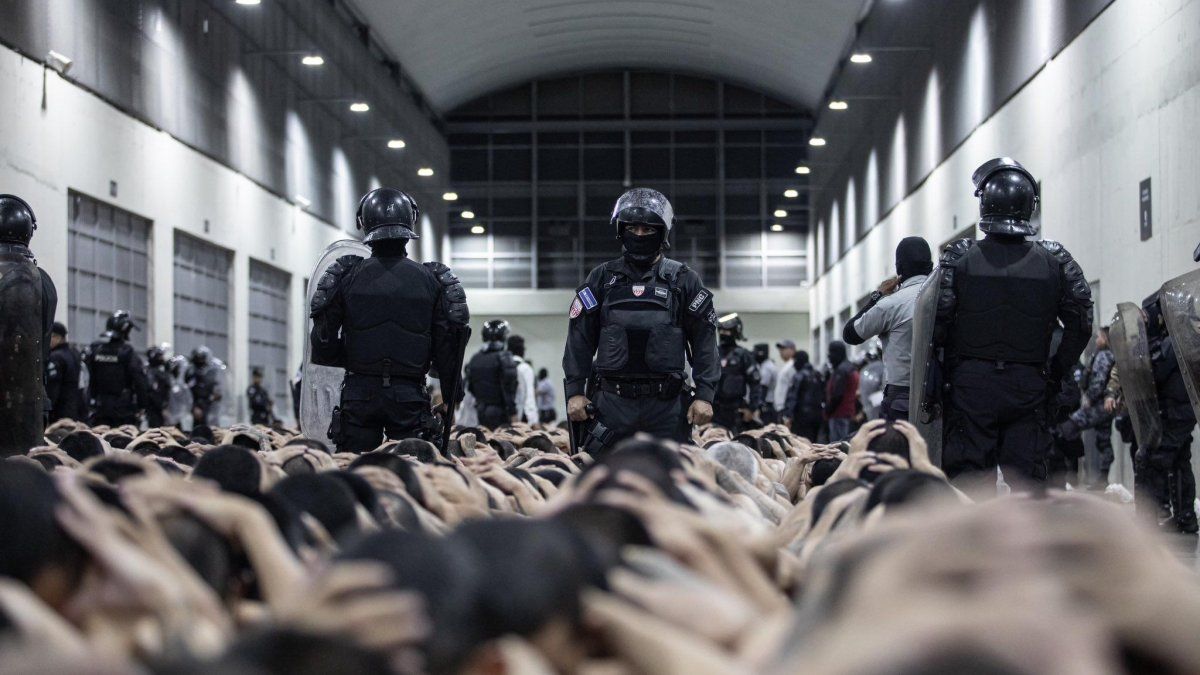techno dollar
The new measure for the knowledge economy sector will be launched between the weekend and the first days of October, confirmed official sources. Officially, Ariel Sujarchuk, Secretary of Knowledge Economy, communicated: “With Massa we analyzed a new exchange scheme for foreign currency income. And we are evaluating a project that benefits professionals who export services and can expand their billing in unsettled dollars.”
This last part is still under discussion, because the idea is that it comes out with a bill from Congress, which allows freelancers to export up to US$30,000 per year, without having to pay the official dollar. Currently, the Central Bank allows them up to US$12,000 per year.
What is confirmed is what the new exchange scheme will be like, which has three objectives. To encourage investments, the liquidation requirement in the MULC will be exempted for up to 20% of foreign currency that could be entered as foreign direct investment. The projects, not less than US$3 million, must be allocated to infrastructure, capital goods or working capital.
For promote exports, the benefit will be that companies will be able to access 30% of the foreign exchange earned by incremental net exports, and should be used to pay staff salaries in a dependency relationship, to “prevent potential resources from leaking abroad,” they say. According to the companies, there are about $2 billion annual exports of the sector that enter through the informal market.
The last point will consist of readjusting the regulations of the knowledge economy promotion regime, with a one-time transfer of the tax credit bonus on employer contributions for those who carry out exports that represent at least 70% of annual turnover. Despite the fact that the IMF asked to review the “business benefits”, something that Massa included in a “separate” in the budget, there legislators are called to look at the promotion regime of Tierra del Fuego, not the knowledge economy.
Qatari dollar
Economy will take a measure for tourism from October, as confirmed by Massa to the businessmen of the Argentine Industrial Union (UIA), to whom he anticipated that there will be 42,000 Argentines who will travel to the Qatar World Cup, which will imply an expense of at least US$1 billion. In July, the Central Bank allocated US$750 million to tourism and card payments, returning to 2019 highs, according to the Sarandí consultancy.
Near Massa they assure that The measure will come after the claim of several business chambers, which ask to “prioritize” dollars for imported supplies, with the aim of not slowing down the activity, and therefore employment. What is still not clear is the fine print: it is being analyzed to bring the official dollar to $200 (today at $151), as was done with the soybean dollar, and to maintain country taxes and profit advances, which will lead the tourist dollar to about $300, like the financier. The MEP closed at $303 on Friday, while the card is $266. The option would be only for tourism, and will not apply to card consumption such as Netflix.
Entrepreneurs request
The other alternatives suggested by business chambers, such as Argentines having to use “own dollars” or pay through the stock dollar, were ruled out, because they could widen the exchange rate gap, while tax collection is lost. Country, which has already accumulated more than $200 billion so far this year. Several tourism agencies have already begun to publish trips abroad in newspapers and websites with prices in dollars, and next to it they clarify “dollar ticket”.
This Sunday, the Cgera business chamber once again asked for the “Qatar dollar” through a statement released by its owner, Marcelo Fernández. “Access to cheap dollars must be to produce and generate employment, and not for trips abroad or sumptuous goods. The Cgera, before the discussion that is generated by the use of foreign currency for travel, makes it firmly clear that it is in favor of dollars being used to produce, generate employment and import inputs for SMEs”. The last time the entity made a public request (industrial money laundering), the measure came out two days later, included in the 2023 budget bill.
Source: Ambito
David William is a talented author who has made a name for himself in the world of writing. He is a professional author who writes on a wide range of topics, from general interest to opinion news. David is currently working as a writer at 24 hours worlds where he brings his unique perspective and in-depth research to his articles, making them both informative and engaging.




